.
It depends on who you ask and who you want to believe. Either the US bombing of Iran’s nuclear sites obliterated them or, well, they didn’t. Below, the top stories from The NY Times (top) and The Washington Post (bottom) from yesterday are shown.
The Trump administration chose to use the word obliterate. They didn’t have to use this word. Now they have to live with it. For example, Trump posted on Truth Social on Sunday that "obliteration is an accurate term." Also:
Press Secretary Karoline Leavitt) said the following: “Everyone knows what happens when you drop fourteen 30,000-pound bombs perfectly on their targets: total obliteration.” Reference.
By now you’ve read about what bunker buster bombs are supposed to do, but to summarize in lay terms, they are designed to penetrate through levels of material from rock and dirt and then finally reach the reinforced concrete before the final bombs explode in one glorious burst which destroys the target.
Reports suggest that Iran had been developing concrete technology which would be extremely difficult to breach. One could say somewhat like a medieval chastity belt (reference), only in this instance meant to keep the treasure of enriched uranium pure and untouched.
The mission is meant to be glorious for the bomber, obviously not for the bombed. If the deepest bomb goes off prematurely the ultimate goal is not achieved.
The thing is, with this bunker buster bomb attack, nobody on our side was able to discover whether the “hero’s” in the room were masters of their domain until much later. It seems to be common sense that the only way we could have learned this was for the mountain top to collapse in on itself leaving a deep visible crater. Instead all there were were photos of a few small holes in the ground.
In this instance, the only people who could assess the damage immediately were the Iranians and most likely the Russians.
A bunker busting bombing attack’s success is all about achieving deep penetration. No penetration, no satisfaction. It now appears that the mission was not accomplished. There’s no joy for the home team in our town. The crowd isn’t cheering. All there is is bombastic bluster using the word “obliterate” coming from the White House.
Here’s a baseball analogy.
It’s the eighth inning and the score is 4-2 in a crucial game. The bases are loaded. The team we root for has their best hitter at bat. He swings at the first pitch and misses. Strike one. He swings at the second and misses. Strike two. The crowd holds their breath. He has one last chance for his bat to smack that ball out of the park. He swings. He misses. Strike three, he’s out. There’s no joy.
This is the story of Casey at the Bat. Here’s a synopsis from Wikipedia:
A baseball team from the fictional town of "Mudville" (the home team) is losing by two runsin its last inning. Both the team and its fans, a crowd of 5,000, believe that they can win if Casey, Mudville's star player, gets to bat. However, Casey is scheduled to be the fifth batter of the inning, and the first two batters (Cooney and Barrows) fail to get on base. The next two batters (Flynn and Jimmy Blake) are perceived to be weak hitters with little chance of reaching base to allow Casey a chance to bat.
Surprisingly, Flynn hits a single, and Blake follows with a double that allows Flynn to reach third base. Both runners are now in scoring position and Casey represents the potential winning run. Casey is so sure of his abilities that he does not swing at the first two pitches, both called strikes. On the last pitch, the overconfident Casey strikes out swinging, ending the game and sending the crowd home unhappy.
Many of you read the poem as children. It’s worth it to reread it since there is so much analogous to the bunker busting attack on Iran’s nuclear facilities. For one thing, each sotry has a hero their team counts on. They both happen to wear hats as part of their work uniform.
Here’s the poem:
The outlook wasn’t brilliant for the Mudville nine that day;
The score stood four to two with but one inning more to play.
And then when Cooney died at first, and Barrows did the same,
A sickly silence fell upon the patrons of the game.
A straggling few got up to go in deep despair. The rest
Clung to that hope which springs eternal in the human breast;
They thought if only Casey could but get a whack at that—
We’d put up even money now with Casey at the bat.
But Flynn preceded Casey, as did also Jimmy Blake,
And the former was a lulu and the latter was a cake;
So upon that stricken multitude grim melancholy sat,
For there seemed but little chance of Casey’s getting to the bat.
But Flynn let drive a single, to the wonderment of all,
And Blake, the much despised, tore the cover off the ball;
And when the dust had lifted, and men saw what had occurred,
There was Jimmy safe at second and Flynn a-hugging third.
Then from 5,000 throats and more there rose a lusty yell;
It rumbled through the valley, it rattled in the dell;
It knocked upon the mountain and recoiled upon the flat,
For Casey, mighty Casey, was advancing to the bat.
There was ease in Casey’s manner as he stepped into his place;
There was pride in Casey’s bearing and a smile on Casey’s face.
And when, responding to the cheers, he lightly doffed his hat,
No stranger in the crowd could doubt ’twas Casey at the bat.
Ten thousand eyes were on him as he rubbed his hands with dirt;
Five thousand tongues applauded when he wiped them on his shirt.
Then while the writhing pitcher ground the ball into his hip,
Defiance gleamed in Casey’s eye, a sneer curled Casey’s lip.
And now the leather-covered sphere came hurtling through the air,
And Casey stood a-watching it in haughty grandeur there.
Close by the sturdy batsman the ball unheeded sped—
“That ain’t my style,” said Casey. “Strike one,” the umpire said.
From the benches, black with people, there went up a muffled roar,
Like the beating of the storm-waves on a stern and distant shore.
“Kill him! Kill the umpire!” shouted some one on the stand;
And it’s likely they’d have killed him had not Casey raised his hand.
With a smile of Christian charity great Casey’s visage shone;
He stilled the rising tumult; he bade the game go on;
He signaled to the pitcher, and once more the spheroid flew;
But Casey still ignored it, and the umpire said, “Strike two.”
“Fraud!” cried the maddened thousands, and echo answered fraud;
But one scornful look from Casey and the audience was awed.
They saw his face grow stern and cold, they saw his muscles strain,
And they knew that Casey wouldn’t let that ball go by again.
The sneer is gone from Casey’s lip, his teeth are clinched in hate;
He pounds with cruel violence his bat upon the plate.
And now the pitcher holds the ball, and now he lets it go,
And now the air is shattered by the force of Casey’s blow.
Oh, somewhere in this favored land the sun is shining bright;
The band is playing somewhere, and somewhere hearts are light,
And somewhere men are laughing, and somewhere children shout;
But there is no joy in Mudville—mighty Casey has struck out.
Casey At The Bat, by ERNEST LAWRENCE THAYER A Ballad of the Republic, Sung in the Year 1888
Recent:


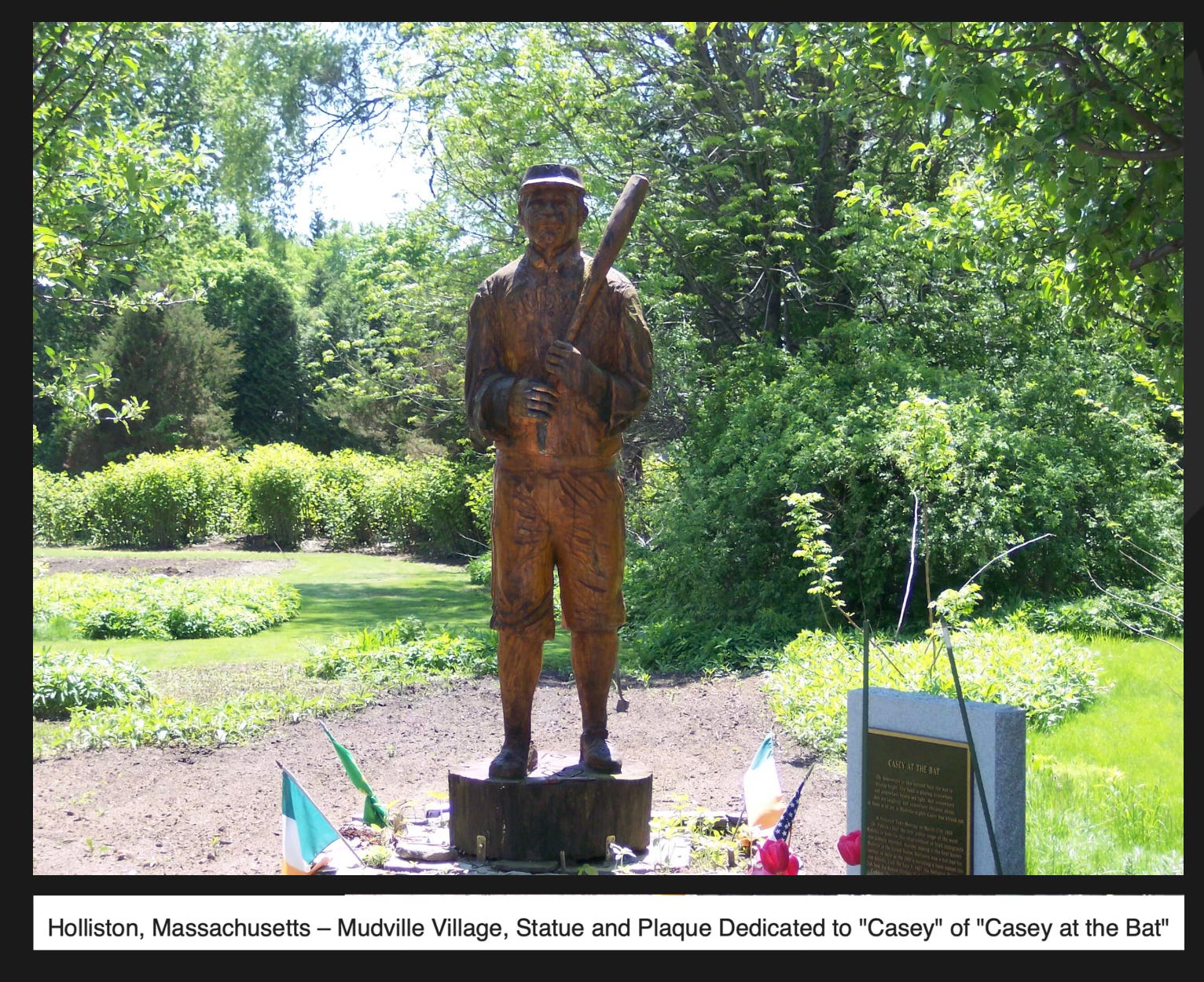
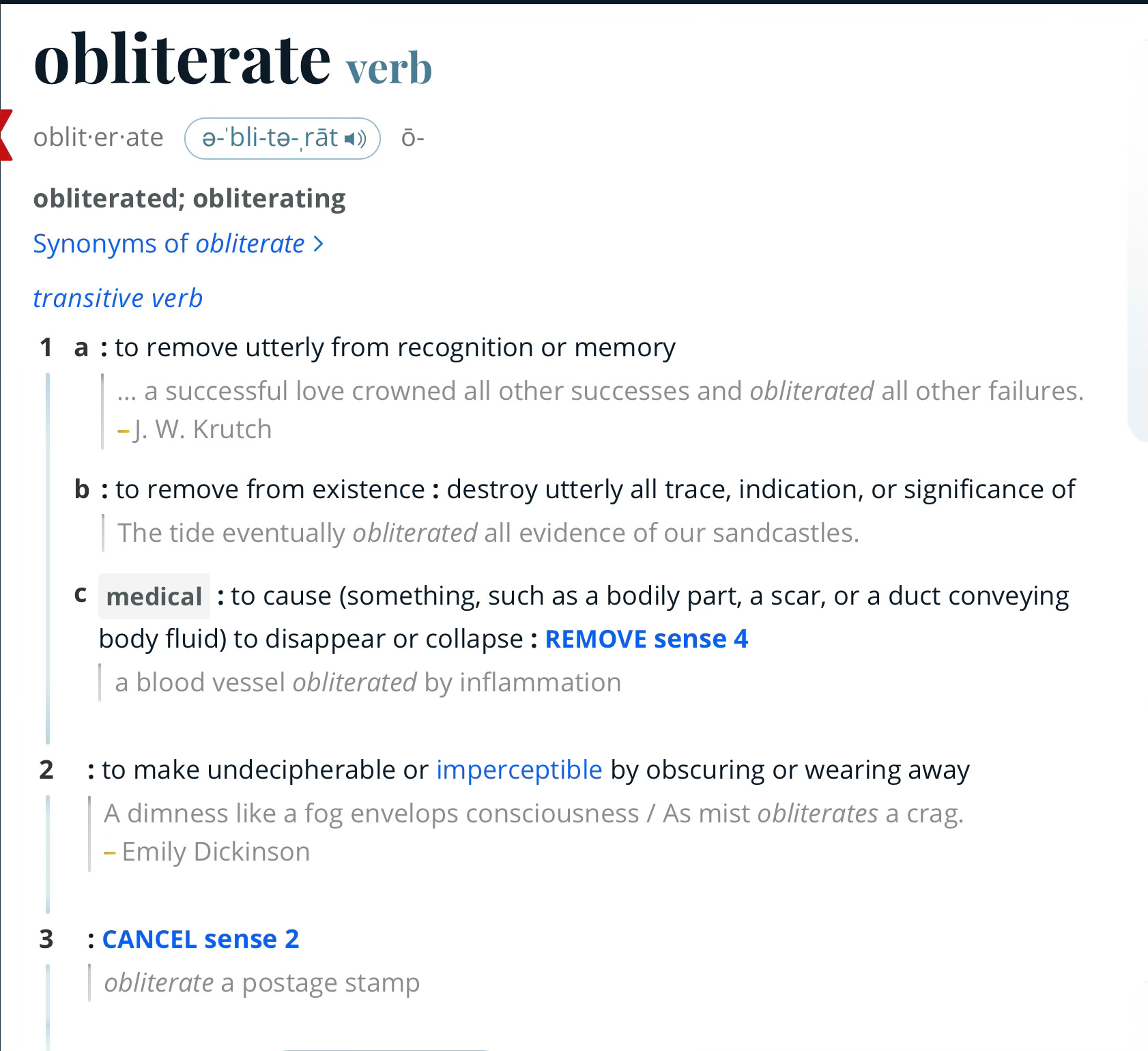
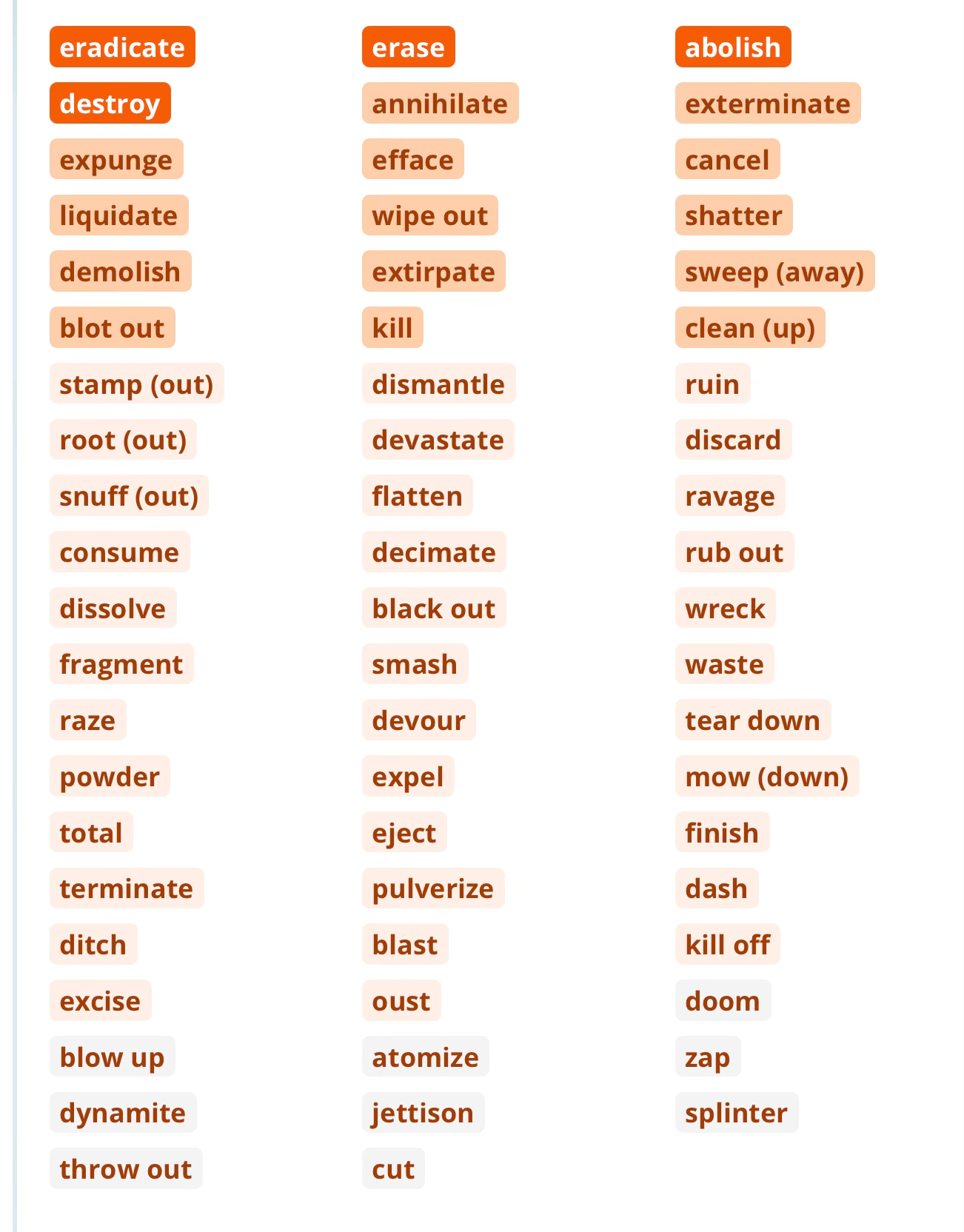
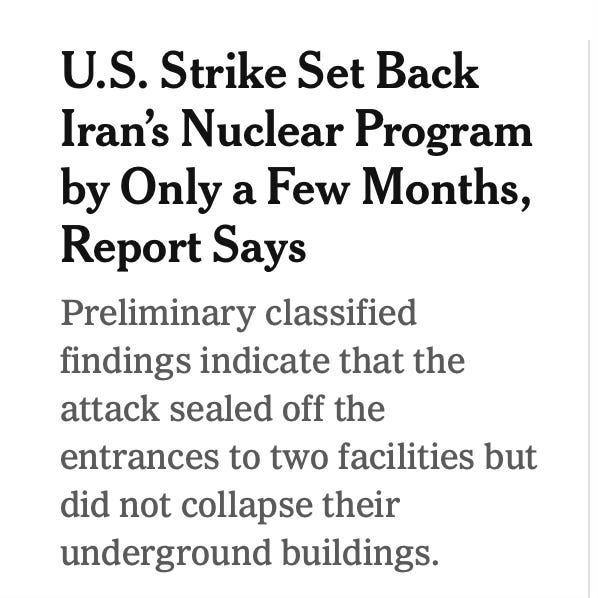
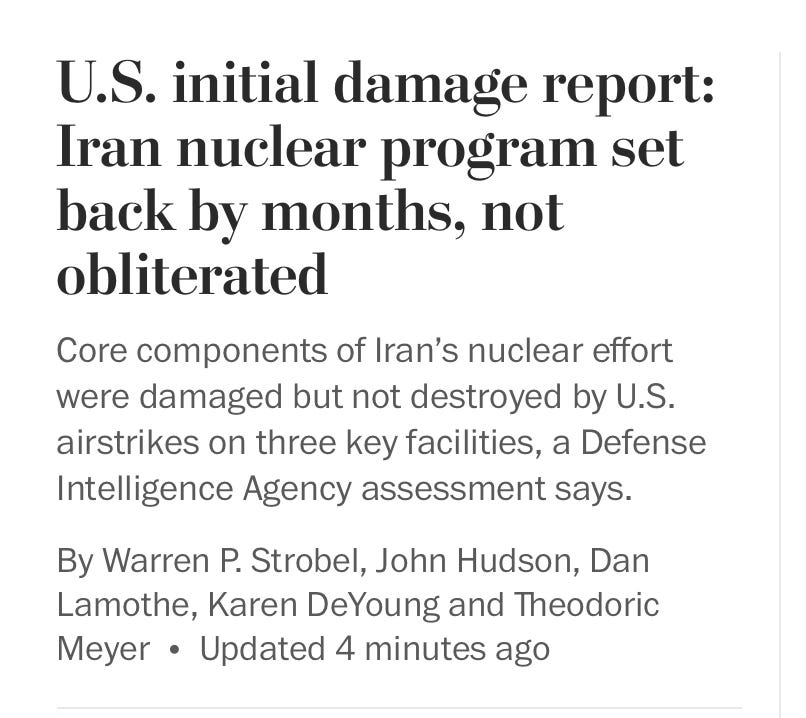
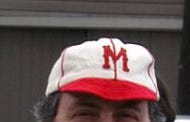





No comments:
Post a Comment